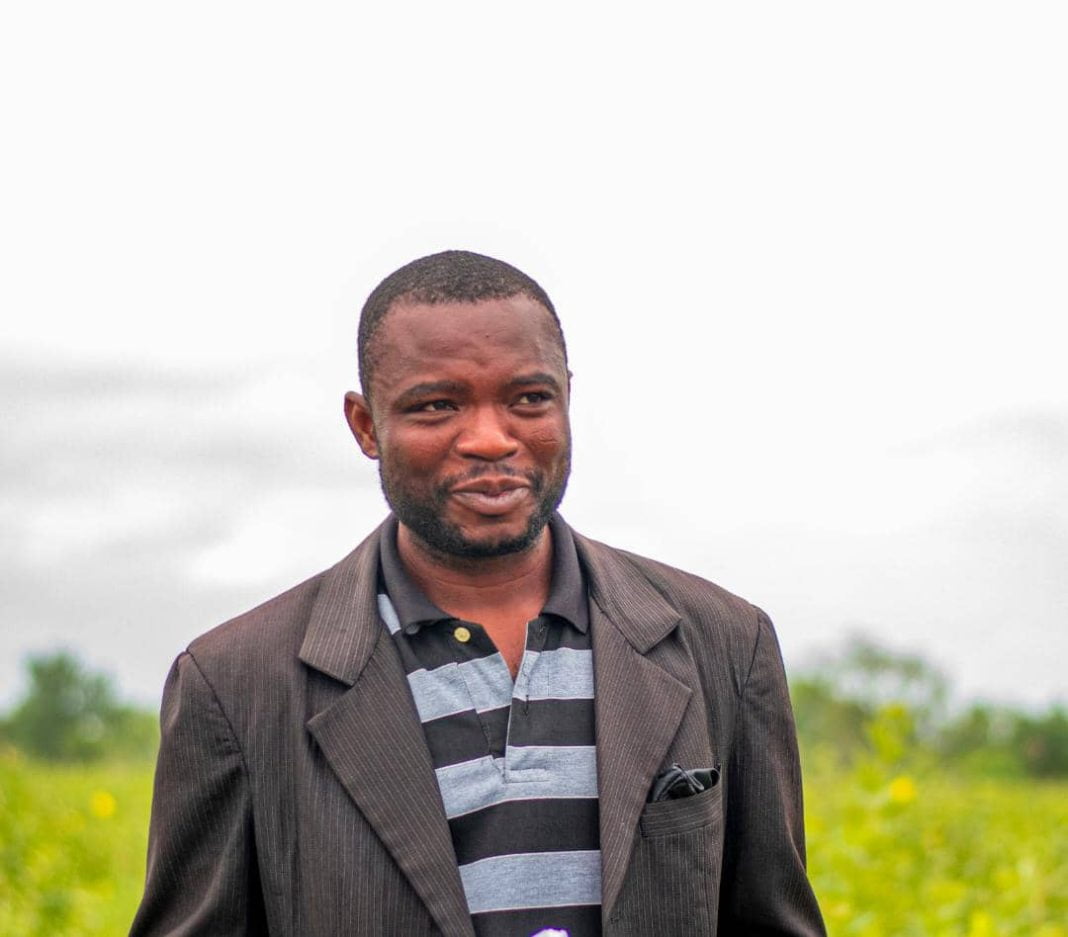If the govenment is to succeed in its attempt to build the productive capacity of local farmers so they can produce to meet demand, then the government must support farmers with credit facilities or create the enabling environment for business and financial institututions to support the local farmers.
Emmanuel Wullo Wullingdool said this when he spoke to Mark Smith on A1 Radio’s Day Break Upper East Show today, Tuesday, November 29, 2022. His comments were in relation to the government’s move to support local agricultural player expand their businesses to meet local demand.
“The element of credit; we’ve talked about it so many times. Access to credit is key. Today is you look at the Bank of Ghana, it has hiked policy rate up to above 27 percent and commercial banks are quoting, on the average, close to 30 percent. Unless there is another form or arrangement targetting farmers, and enabling them to have access to quality, credit that allows them to go into production, it just becomes words on paper. A major problem facing farmers, whether they are small holder farmers or large scale farmers, it is the issue of access to credit. Investing in agriculture requires a lot of patience. This means that any kind of credit that would say, within a short time start paying, then it would become a challenge to farmers.”
Mr. Wullingdool also called on the government to be deliberate about managing post-harvest losses.
“Here, it has to do with the vegetables. What is the infrastruture that the government has put in place for some of these vegetables to be sure that these vegetables are stored properly. Even in the case of rice, we do know that some of the things that are of concern to many rice farmers has to do the milling of the rice, harvesting at the right time and then storage,” he said.
It would be recalled that in the 2023 Budget Statement and Financial Policy, the government stated, “to boost local productive capacity, we will among others: cut the imports of public sector institutions that rely on imports either for inputs or consumption by 50% and will work with the Ghana Audit Service and the Internal Audit Agency to ensure compliance; support the aggressive production of strategic substitutes, including the list disclosed at the President’s last address to the nation; Support large-scale agriculture and agribusinesses interventions through the Development Bank Ghana and ADB Bank; introduce policies for the protection and incubation newly formed domestic industries to allow them to make the goods produced here competitive for local consumption and also for exports. To promote exports, we will among others: expand our productive capacity in the real sector of the economy and actively encourage the consumption of locally produced rice, poultry, vegetable oil and fruit juices, ceramic tiles among others.”
When the Finance Minister, Ken Ofori Atta, present the 2023 Budget on the floor of Parliament, he continued to say, “Mr. Speaker, as I have already indicated, Ghana’s heavy dependence on imports places tremendous pressure on the Cedi, creating an unfavourable balance of payments position. On average, Ghana’s import bill exceeds US$10 billion annually and is accounted for by a diverse range of items that include iron, steel, aluminum, sugar, rice, fish, poultry, palm oil, cement, fertilizers, pharmaceuticals, Toilet roll, toothpick, fruit juices, etc. We currently have the capacity as a country to locally produce items that account for about 45 percent of the value of our annual imports. These include rice, fish, sugar, poultry, cement, pharmaceuticals, jute bags, computers, etc. To this end, Government will target these products for import substitution by supporting the private sector, through partnerships with existing and prospective businesses to expand, rehabilitate and establish manufacturing plants targeted at producing these selected items.”
Additionally, “it has been two years since the launch of the GhanaCARES programme to mitigate the severe impact of the COVID-19 pandemic on the economy. Significant achievement has been made with the implementation of agreed activities despite the current macroeconomic challenges. Mr. Speaker, the high food prices and pressures on the local currency validates the current focus of the GhanaCARES Programme to bolster the productive and export capacity of the private sector. To this end, an Economic Enclave project with focus on providing support for the cultivation of up to 110,000 acres of land in the Greater Accra, Ashanti, Central, Savannah and Oti Regions is being pursued. Mr. Speaker, this initiative which seeks to expand our production and productivity in rice, tomato, maize, vegetables and poultry is being led and coordinated by the Millennium Development Authority (MiDA) in collaboration with other Government institutions such as the Ministry of Food and Agriculture (MoFA), Ministry of Energy, Ghana Irrigation Development Authority (GIDA), 48 Engineers Regiment of the Ghana Armed Forces (GAF) under the Ministry of Defence, the National Entrepreneurial and Innovation Programme (NEIP) and the National Service Secretariat (NSS),” the Minister said.
Source: A1radioonline.com|101.1MHz|Mark Kwasi Ahumah Smith|Ghana


